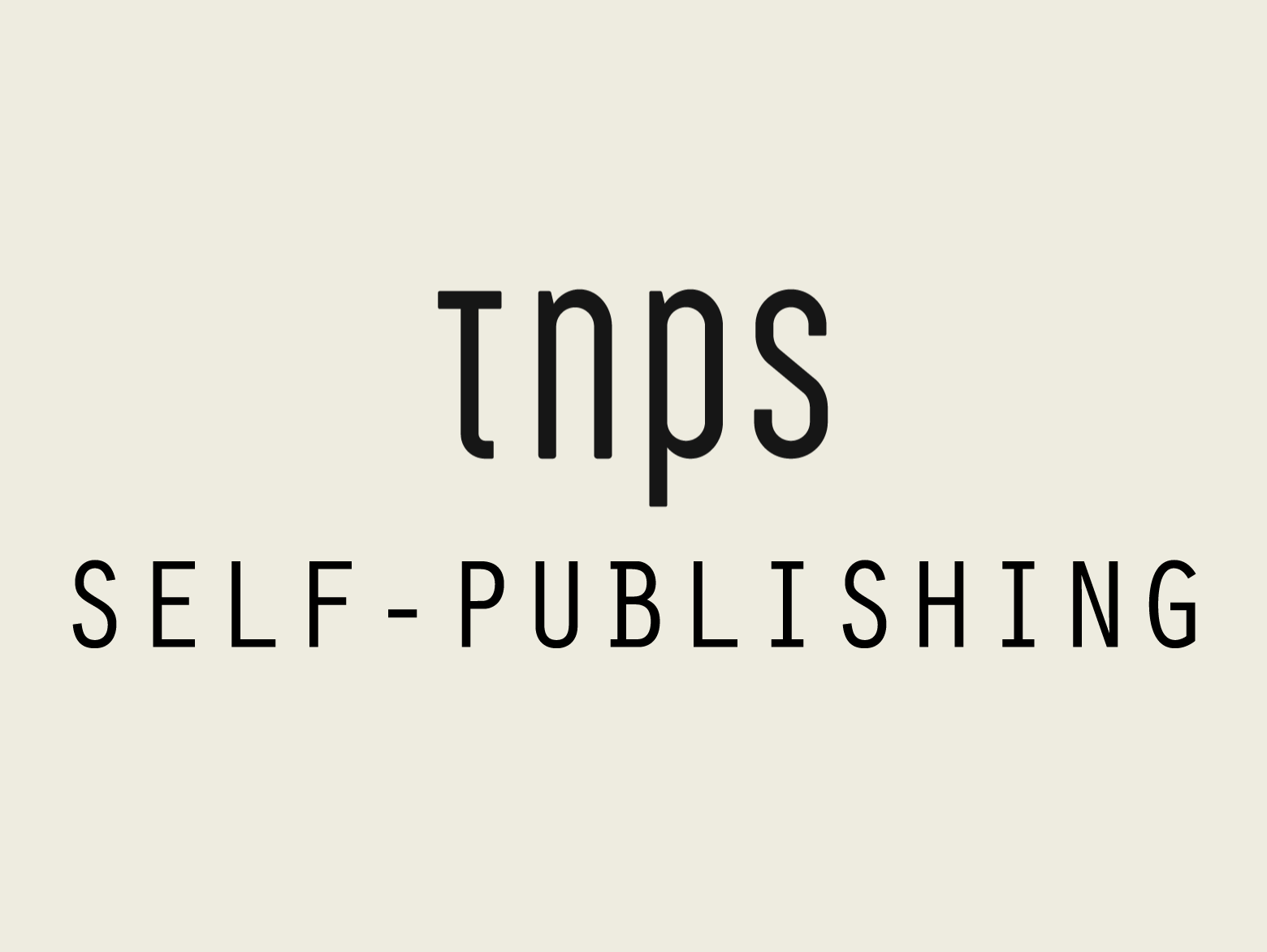But these kids are attending school every day, where the joy of reading is being leached from their very souls by a broken system of teaching children to read.
Earlier this month Rebekah Polding had an opinion piece in UK trade journal The Bookseller that looked at some of the many ways the UK education system is failing children. Some excerpts follow, with TNPS commentary.
A New Approach to Encourage Reading
The alarming decline in the number of children reading for pleasure necessitates a fresh perspective on how to engage young readers.
The Context of Success
At Discover Children’s Story Centre in Newham, despite the area’s economic challenges and diverse population, visitor numbers are on the rise. The Halloween programme, featuring author visits and story shows, saw a 9% increase compared to 2023. Similar success stories are evident across the UK, from the Edinburgh International Book Festival’s children’s programme to Theatre Alibi in Exeter.
The Paradox of Decline and Demand
Despite the overall decline in children’s reading, the growing popularity of story venues and literary festivals indicates a strong, albeit selective, appetite for books among UK children.
Creating a Joyful Experience
Key to this success is the context in which stories are presented. Venues like Discover, The Story Museum (Oxford), Seven Stories (Newcastle), Z-Arts (Manchester), and Grimm and Co (Rotherham) offer children the freedom to play, enjoy, and choose. These programmes are designed to be multi-sensory, engaging children through activities such as making, singing, drawing, eating, and watching, thus embedding stories in a diverse array of experiences.
Challenges within Schools
In contrast, some schools adopt restrictive policies. One school bans Manga and home books, while another limits book choices based on rigid reading levels, tested by computer programmes. This restrictive environment, combined with falling adult literacy levels and inadequate parental support, Polding argues, contributes to children associating reading with torment rather than pleasure.
Advocating for Change
A shift in the educational approach is essential and requires ongoing advocacy from all stakeholders in children’s reading. Cultural organisations and publishers play a crucial role in this transformation.
Five Factors for Success in Children’s Literary Events
Language
Avoid using the word “book” in promotional material. Instead, focus on “stories” to emphasise the enjoyment and communal aspects of narratives. For example, Discover markets itself as a centre for immersive adventures rather than a traditional museum.
Relevance
Understanding and reflecting children’s lives in stories is crucial. Storymix’s research highlights the importance of school settings in children’s reading preferences. Characters and themes that resonate with children’s experiences and cultural backgrounds drive engagement.
Consultation
Ongoing dialogue with children and parents is essential. Listening to their needs and fears, such as concerns about damaging books in bookshops, allows for better service provision, like having a box of “play books” for handling.
Accessibility
Economic barriers must be addressed. While books and events can’t always be free, accessible pricing models are vital. Initiatives like Sofia Akel’s Free Books Festival and the continued support of libraries, despite financial pressures, are key to reaching all families.
Fun
The design and activities should prioritise fun to attract children and their parents. From engaging activities to Instagram-worthy moments, ensuring that reading is associated with joy rather than obligation is fundamental.
By focusing on these strategies, we can collectively work towards reversing the decline in children’s reading and fostering a lifelong love of books.
The TNPS Take: Don’t Blame the Parents
Not much to disagree with there, although I do take issue with the “inadequate parental support” argument.
Yes, of course it’s great when parents are able and willing to provide books and quality reading time for and with their children.
But these kids are attending school every day, where the joy of reading is being leached from their very souls by a failed system of teaching children to read. Parental support is a bonus. We cannot blame parents for the failure of schools to do their job, and likewise we cannot blame schools that are instructed by HM Government to badly teach children to read.

Reading Should be a Joy, Not a Lesson
That aside, I love Rebekah Polding’s perspective. Let me share a couple of lines in the OP in The Bookseller to explain why.
“We need to think differently if we are going to lure kids back to books.”
“The curriculum tells children they are not reading enough, or the right things, or in the right way—and, understandably, by age nine the majority of them have given up any association of reading with “pleasure” and are running from books as a source of torment.”
“Reading is not a lesson, it is a joy.”
The Abomination that is Synthetic Phonics
Well, it used to be, until the abomination that is synthetic phonics came along. That alone was bad enough. But to then let a commercial phonics company effectively dictate the programme, and to force teachers to focus exclusively on synthetic phonics and deny teachers the option to bring in other teaching strategies, is simply criminal.
For anyone new to this debate, click through on the TNPS linked post above to see just how badly reading is being taught in England, the home of the English language.
This post first appeared in the TNPS LinkedIn newsletter.





